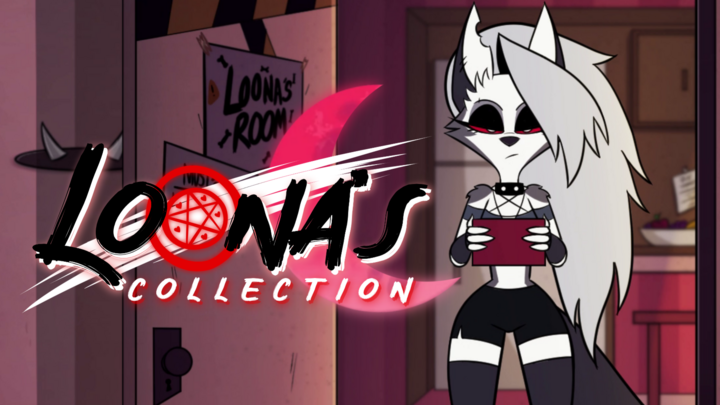Thousands of College Kids Are Behind Odyssey ‘Clickbait’

Introduction
The internet is a vast and ever-expanding space where information is constantly being created and consumed. With the rise of user-generated content platforms like Odyssey, anyone with an internet connection and a desire to write can become a digital creator. While this democratization of content creation has its benefits, it has also given rise to a concerning trend – ‘clickbait.’
What is ‘Clickbait’?
Understanding the Term
Before we explore how thousands of college kids are behind Odyssey ‘clickbait,’ let’s first define what ‘clickbait‘ means. Clickbait refers to online content, usually in the form of articles or headlines, that is designed to attract clicks and views by using sensational or misleading information. The goal of clickbait is to generate advertising revenue or increase engagement, often at the expense of accuracy and quality.
The Allure of ‘Clickbait’ for College Students
College life can be financially challenging, with tuition, textbooks, and daily expenses adding up quickly. Many students are on the lookout for opportunities to earn extra income, and this is where ‘clickbait‘ comes into play. Creating sensationalized headlines and articles that pique the curiosity of internet users can be a quick way to make money online. This allure has led thousands of college kids to engage in the practice.
The Impact of ‘Clickbait’ on Online Content
Quality vs. Quantity
One of the significant concerns with the proliferation of ‘clickbait‘ is its impact on the overall quality of online content. When content creators prioritize attracting clicks over providing valuable information, the result is often shallow, misleading, or poorly researched articles. This compromises the trustworthiness of digital content and makes it harder for readers to find reliable sources of information.
The Challenge for Readers
For internet users seeking accurate and informative content, the prevalence of ‘clickbait‘ can be frustrating. It becomes increasingly challenging to distinguish between legitimate articles and sensationalized ones. Readers must develop a discerning eye to navigate the sea of clickbait headlines and find content that truly delivers on its promises.
The Ethical Considerations
The Responsibility of Content Creators
While the allure of ‘clickbait‘ for college students looking to make money online is understandable, it raises ethical questions. Content creators have a responsibility to their readers to provide accurate and valuable information. Engaging in clickbait practices can harm the reputation of both individual creators and the platforms they use.

The Need for Accountability
To combat the prevalence of ‘clickbait,’ there is a growing need for platforms like Odyssey to enforce stricter content guidelines. This includes monitoring and penalizing creators who consistently engage in sensationalism and misleading practices. By holding creators accountable, platforms can maintain their integrity and provide a better experience for users.
FAQs
Q: What are some common tactics used in ‘clickbait’ articles?
A: Some common tactics include using shocking or exaggerated headlines, promising miraculous solutions to problems, and withholding key information to encourage clicks.
Q: Is ‘clickbait’ limited to college students, or do other demographics engage in it as well?
A: ‘Clickbait’ is not exclusive to college students, but they are a significant demographic involved due to the ease of entry into online content creation.
Q: How can readers spot ‘clickbait’ articles?
A: Look for sensational language, promises that seem too good to be true, and a lack of credible sources or references.
Q: What can platforms like Odyssey do to address the issue of ‘clickbait’?
A: Platforms can implement stricter content guidelines, encourage transparency in content creation, and penalize creators who consistently produce ‘clickbait.’
Q: Are there legitimate ways for college students to earn money online without resorting to ‘clickbait’?
A: Yes, there are various legitimate opportunities, such as freelance writing, tutoring, or participating in affiliate marketing programs.
Q: What role do readers play in discouraging ‘clickbait’?
A: Readers can actively report ‘Clickbait’ content and support creators who prioritize quality and accuracy.
Conclusion
In a digital landscape where anyone can become a content creator, it’s essential to be aware of the prevalence of ‘clickbait‘ articles, particularly those created by college students seeking to earn money online. Thousands of college kids are behind Odyssey ‘clickbait,’ but as readers, we have the power to demand higher standards of content quality and authenticity. By supporting ethical content creators and holding platforms accountable, we can contribute to a more trustworthy online environment.



